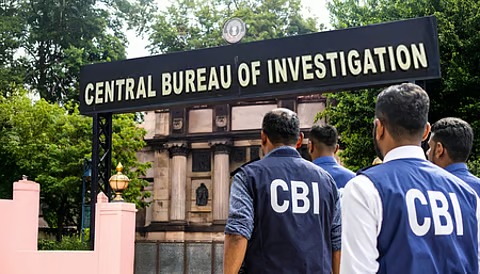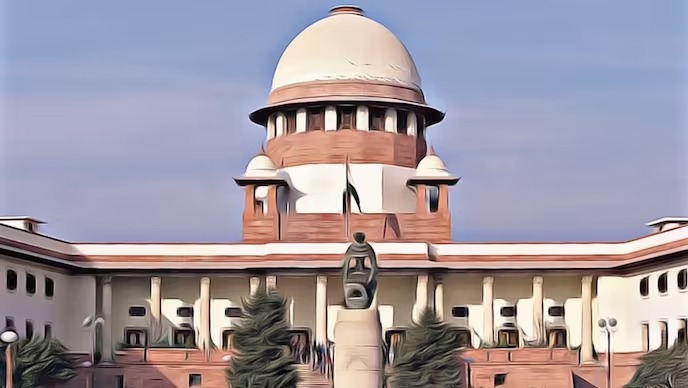Harbans Singh, J.@mdashM. B. Tawaklye and Prabhu Shankar Mathur were the Court receivers of undertakings known as John''s Mills at Agra in respect of 13/40th share which belonged to John''s family. These Mills had been insured against risk of fire etc. with the Ruby General Insurance Company Limited, in June 1951 these Court Receivers apparently received an offer from the Indian Trade and General Insurance Company Limited, Agra Branch (hereinafter referred to as the Company) and in reply to that letter on 27th of June, 1951 (vide Exhibit P. 1) they wrote to the Branch Manager of the Company that the insurance of the Mills expired on the 1st July, 1951, and that the renewal could be given to the company "Subject to the approval of the Court of Civil Judge, Agra. The premium shall be paid under orders of the Court." On '' 28th of June, 1951, after noting the offer of the company the Court Receivers wrote as follows:
We shall therefore be pleased to have your Cover-notes for the year 1-7-1951 to 1-7-1952 and enclose herewith our last policies to enable you to take down item-wise valuations and shall request you to return them immediately along with your Cover-notes.
2. It appears that Cover-notes were duly issued followed by the policies. There is no evidence on the record as to whether either the Receivers or the company itself moved the Court concerned for the necessary permission for taking ouuhese polices or for the payment of the premium. It is, however, admitted that no premium was paid and on 19th of November, 1952, a notice u/s 80 was served by the company and on 7th of January, 1953, a formal application was made to the Civil Judge, Agra, seeking permission to sue the Court Receivers for the recovery of Rs. 12,296/9/-, which was the amount of the premium. This permission was duly granted and a suit, out of which the present appeal has arisen, was thus instituted.
3. The suit was resisted by the Court Receivers. A number of issues were settled. The main issue with which we are concerned is issue No. 3 and is as follows: -
Whether the insurance was effected subject to the condition as alleged in para No. 11 of the written statement ? If so, whether it has been approved by the Court and whether the Plaintiff is debarred from filing the present suit ?
The trial Court came to the conclusion that the insurance was effected subject to the condition that approval of the Civil Judge Agra, was to be obtained for effecting the insurance and for payment of the premium and that there was no proof that such a permission was granted. Hence there was no completed contract and the Plaintiff could not sue for the premium. The suit was consequently dismissed. The company has come up in appeal.
4. Apart from the fact that without the payment of the premium a policy is not complete, in the present case in the very first letter sent by the Court Receivers it was clearly pointed out to the Company that the insurance would be subject to the permission of the Court and the premium would be paid with the permission of the Court. The learned Counsel for the Appellant urged that it was no duty of the company to get permission from the court. That may be so, but the result of the absence of the permission is that the contract is not complete. The contract entered into with the company was contingent on and was subject to the condition precedent that the court gave the permission for payment of the premium and for effecting the insurance. There is nothing on the record as to whether any move was made by the Receivers and, if so, what happened to that. It was in the business interests of the company to have brought to the notice of the Court by a proper Petition, if they had issued the Cover-notes, that permission for payment of the premium may be given. In any case, the result is that there is no permission on the record. In view of this fact the trial Court has rightly held that there was no completed contract. For the reasons given above there is no force in this appeal, which is dismissed. There would be no order as to costs.
S S. Dulat, J.
5. I agree.

